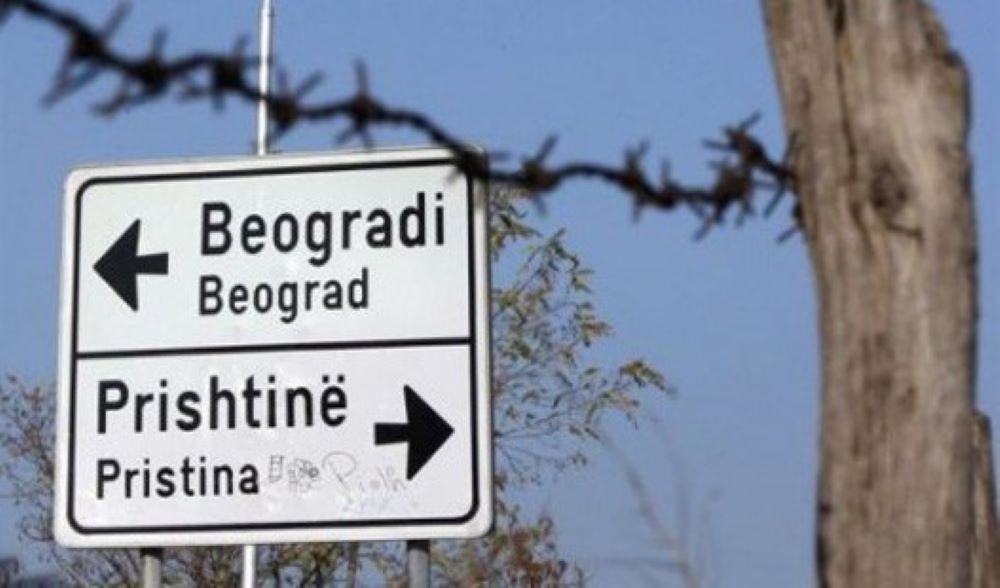As long as the political elites in Kosovo and Serbia, aim only to maintain power and not to development the country, the ethnic and nationalist extremism or elements of the extreme right will be present and active in our countries.

Skender Perteshi
The world today faces growing security threats and risks. Wars in the Middle East, economic stagnation, lack of employment and prospect for young people, and illegal migration have led to growing dissatisfaction towards the current political establishment in many countries. All these have also led to the strengthening of extreme political movements of various forms, especially parties and extreme right and left movements. The rise of the far right and various radical movements around the world have also been aided by terrorism and violent Islamic movements, which have launched various terrorist attacks around the world.
So nowadays, the most dangerous forms of terrorism and violent extremism are those motivated by far-right movements, where various individuals or organizations are undertaking terrorist attacks causing large numbers of killings. These groups are usually motivated by radical elements of the extreme right or even white supremacists, as a result of their narratives or approach to topics such as; illegal migration, refugees, migrant rights and similar topics.
Ethnic-nationalist extremism or radical elements of the extreme right are also present in the Balkan region. Due to the conflicts of 1990-1999, in the former Yugoslavian countries, as well as due to not addressing properly the war crimes and reparations, especially those in Bosnia and Herzegovina and Kosovo, there have been caused great difficulties in the reconciliation process among the peoples of the Balkans. For a long time, these disagreements in our region have constantly kept alive the extremist nationalist feelings of the peoples of the Balkans to the detriment of each other, increasing hatred between nations, especially between Albanians and Serbs.
So far, the political elites in Kosovo and Serbia have failed to address the basic challenges the citizens face, which are: fighting crime and corruption, strengthening the rule of law, creating job opportunities, providing vocational education and a qualitative health service. Failing to address the basic problems of the citizens, the governments in both countries, have usually invented crises using nationalism as their strongest weapon, in order to divert attention from their governance failures. The constant discourse of the political elites about nationalism and war, as well as their misuse, has led to strengthening hatred between Serbs and Albanians, the largest nations in the region.
As long as political elites in Kosovo and Serbia, aim only to maintain power and not to develop the country, the ethnic and nationalist extremism or elements of the extreme right will be present and active in our countries. The governments of both countries should seriously address the disagreements and challenges between the two peoples and countries, which would include resolving the issue of the missing, paying for war reparations, asking for forgiveness and recognizing the parties in conflict, that would make possible the reconciliation between the two peoples that had been in conflict for a very long time. This would be the best way to prevent the spread of the elements of ethnic and nationalist extremism and other forms of extremism which in the past have shown to be very dangerous, especially for the Balkan countries.
Skender Perteshi is working as a researcher at KCSS, and is head of the KCSS programme on countering and preventing violent extremism



Leave A Comment